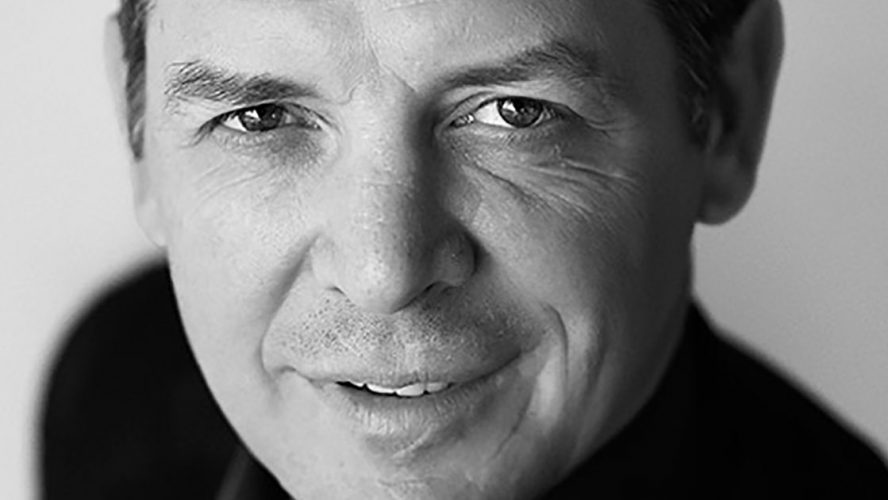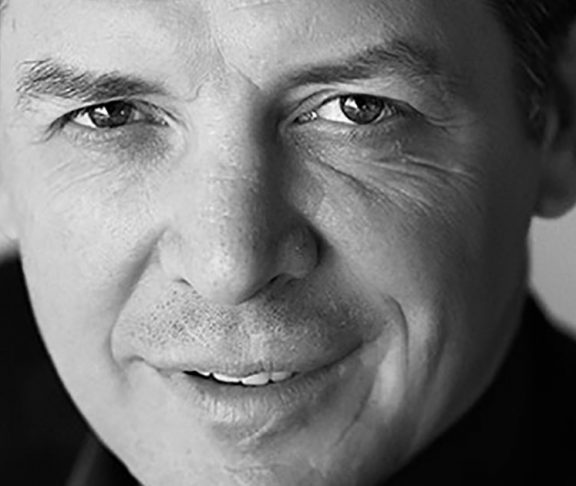Theo Fleury has a saying that has helped keep him clean for over 13 years: “You’re only as sick as your secrets.”
The 13-year National Hockey League veteran has both a Stanley Cup championship and an Olympic gold medal, but throughout his athletic career, he was carrying around secrets that were making him sick “physically, emotionally, and spiritually.” Facing a stigma that equates men seeking help with weakness, Fleury found a way out of the darkness by bravely opening up.
“The beginning was to tell my story and then choose a path of healing,” he says.
Overcoming trauma’s effects
In his 2009 autobiography “Playing with Fire,” Fleury shares that he began drinking alcohol at age 16 to cope with the childhood trauma of being sexually abused by convicted sex offender and former junior hockey coach Graham James. Fleury indulged in other addictions — “drugs, gambling, sex” — to cope with the trauma, he says.
“I’ve really come to dislike the word ‘addiction’ because it has a lot of stigma and shame attached to it,” he says. “It wasn’t my addiction that I was struggling with. The addiction was a coping mechanism that I was using to manage my mental health issues.”
A breaking point
Fleury chose to overhaul his routine after the Chicago Blackhawks suspended him in April 2003. “I knew I was gonna die, and I didn’t want to die,” Fleury says. “And I knew I was better than what I was showing the world, so I had to take control of my life and I had to make changes. I had to make changes to every single aspect of my life.”
After his autobiography was released, Fleury was surprised by his readers’ reactions. “I got run over by people who either shared the same experience or had addiction problems or mental health issues,” he says, “and it sort of organically morphed into me speaking and being in the middle of all of this.”
Inspiring hope
Today, Fleury follows a strict daily routine: He wakes up, meditates, exercises and tries to “find one person that needs help every day and I help them.” He recommends YouTube as a resource for mindfulness and exercise inspiration.
Also critical in his recovery has been forming new relationships. “It’s all about relationships, and the most effective kind of relationship that I’ve discovered is you get a bunch of people in a room, and you sit them around in a circle,” he says, “which then creates safety. And then once you have safety in the room, that’s when the magic of healing happens.”
The most important relationship in Fleury’s life has been with himself. “I always ran away from myself with addictive behaviors,” he says. “When I ran away from the addictive behaviors and started to have a relationship with myself, that’s when my life completely changed. That’s when my mental health symptoms started to go away or were less intense.”
The resulting clarity has helped motivate Fleury to aid others in their journey to recovery. “What I realized is trauma, mental health, and addiction are the biggest epidemics on the planet, and that my experience wasn’t unique — that I was in the majority and not the minority,” Fleury says. “I knew that through my experience of all of this that I could now help people get on a path of healing and recovery.”

